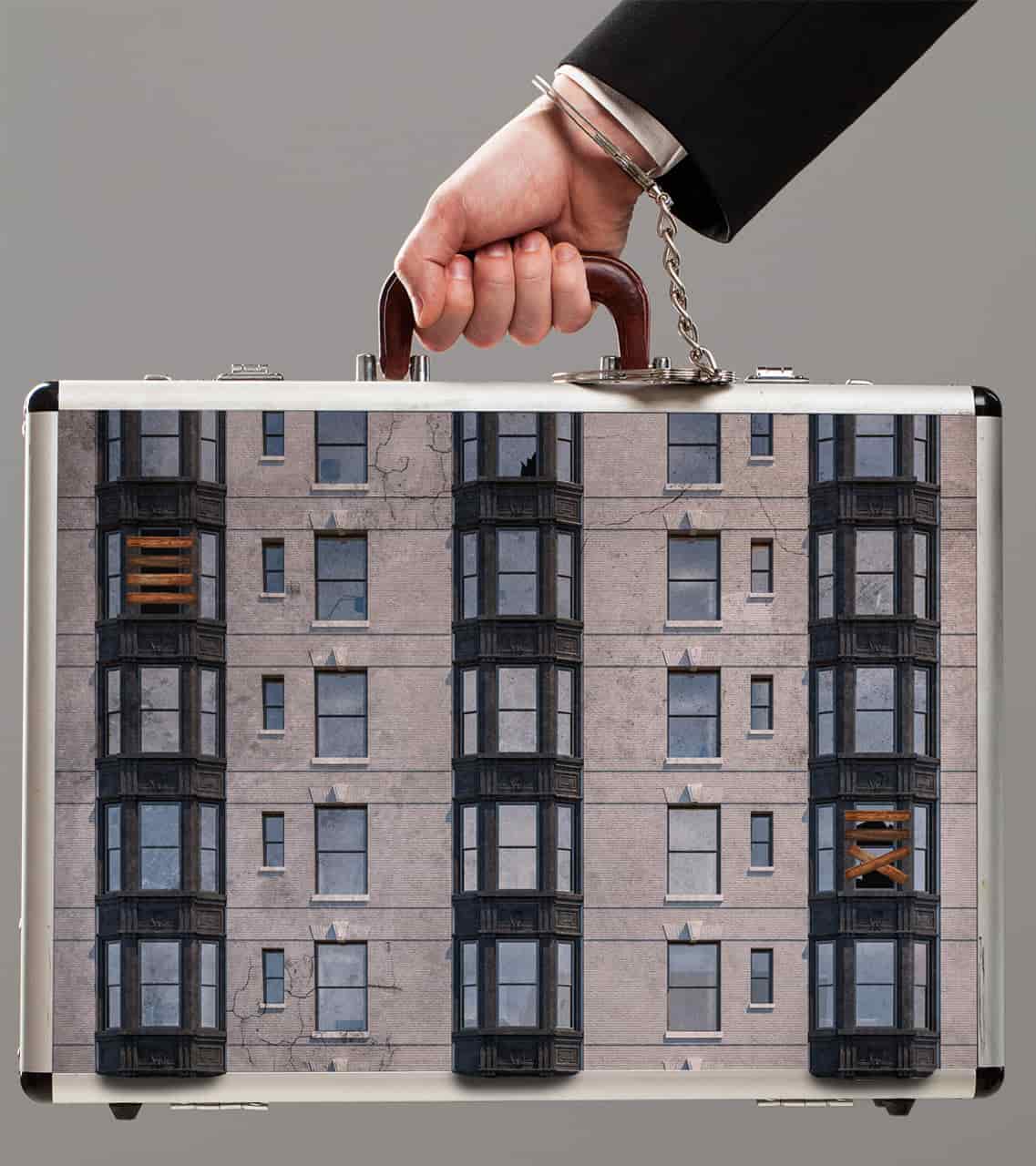
As a real estate investor, one makes investments to build financial security and establish assets that enhance financial wellbeing. It is ideal to invest in properties that allow a higher rate of return and have a good market value. Naturally, this requires an investor to be vigilant about the chosen real estate market and neighborhood, and be thorough in conducting inspections of the property itself.
However, in many cases, investors and landlords end up with a troubled investment property. In many cases, landlords find themselves struggling to undertake many repairs, which seem to persist. A property that has compromised structural integrity may seem like an attractive and affordable investment. But in the long run, it will eat up your rental income stream by demanding many repairs, which will never seem to end.
Dealing with a troubled investment property is never easy. An investor has a substantial income and savings tied up in a property. The situation can be financially crippling if the investor has taken out a loan to finance the property. In case of any repairs, the owner will be obligated to not only pay off monthly mortgage payments but also pay for the many repairs.
This can cause a severe burden on one’s monthly income and spending power. There are various kinds of troubled investment properties. For instance, some properties tend to have mold and mildew infections, creating a hazardous environment and an expensive cleaning process. Other properties have a bad reputation, or close proximity to an entertainment venue, leading to a higher vacancy rate.
In either case, the investor or landlord is left to deal with a loss of rental income, lack of profitability, and increased financial burdens.
If your screening process is not thorough and substantially comprehensive, you will find yourself combatting against bad tenants who cause problems and stroke disputes. One bad tenant can encourage other tenants to join his/her leagues, creating scores of challenges for the landlord. If a bad tenants refuses to pay the rent on time or causes damages and breakage, it spells severe losses and financial strain.
There is always a way out, no matter how challenging or unfortunate the situation may seem. However, each decision has its pros and cons. If you are paying the mortgage payments for a troubled investment property, alongside combatting bad tenants and dealing with many repairs daily - the easiest way out for you is to sell out and move forward.
As an investor in a market as competitive and volatile as the real estate market, it is important to recuperate your losses and move towards a more profitable investment. This requires you to sell off your existing property often times at a substantial profit.
At 718 Real Estate Advisors, we can help you make a quick sale for a prompt cash payment, without the need to undertake any repairs. We encourage you to get in touch with our team for further details.
When Would You Like To Sell Your House?
Are you a property owner?
Reason To Sell